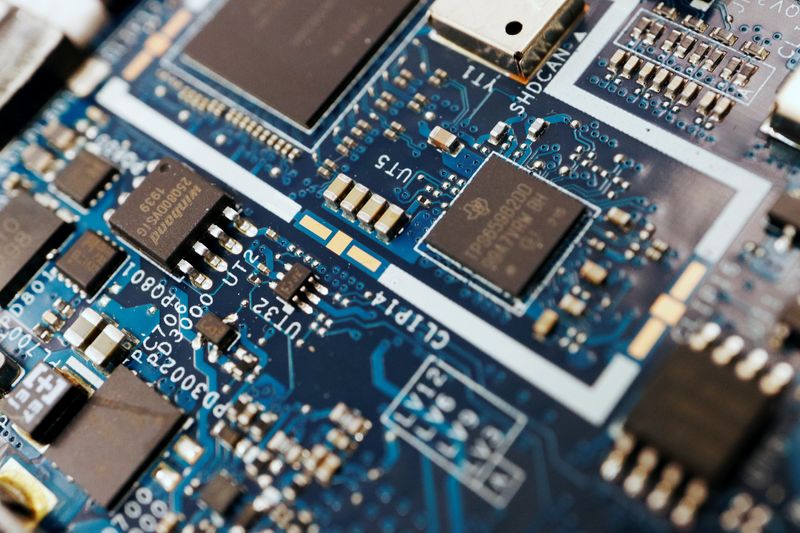The Biden Administration is Preparing to Tighten Restrictions on Sales of Semiconductor Equipment and AI Memory Chips to China
The Biden administration is reportedly preparing to tighten restrictions on the sales of semiconductor equipment and artificial intelligence (AI) memory chips to China, a move aimed at curbing Beijing’s technological advancements. The proposed measures, which have undergone several revisions and are not yet finalized, could be announced as early as next week.
The plans follow months of discussions among U.S. officials, negotiations with allies like Japan and the Netherlands, and lobbying from U.S. chip equipment manufacturers who have warned that severe restrictions could harm their businesses. The Commerce Department and National Security Council have declined to comment on the developments.
The revised measures are expected to focus on which Chinese companies will face sanctions, with the current plan excluding ChangXin Memory Technologies Inc., which is working on AI memory chip technology. The proposed rules would impose sanctions on two Semiconductor Manufacturing International Corp. factories associated with Huawei and add over 100 Chinese firms to a trade blacklist, particularly those involved in semiconductor manufacturing equipment rather than chip fabrication.
American equipment manufacturers like Lam Research Corp., Applied Materials Inc., and KLA Corp. have pushed back against broader restrictions, citing competitive disadvantages against international rivals whose governments have not fully matched U.S. measures. The U.S. has sought alignment from allies in Japan and the Netherlands, which have enacted partial restrictions but resisted more stringent curbs.
The new restrictions are expected to target high-bandwidth memory chips essential for AI applications, potentially impacting Samsung Electronics Co., SK Hynix Inc., and U.S.-based Micron Technology Inc.

